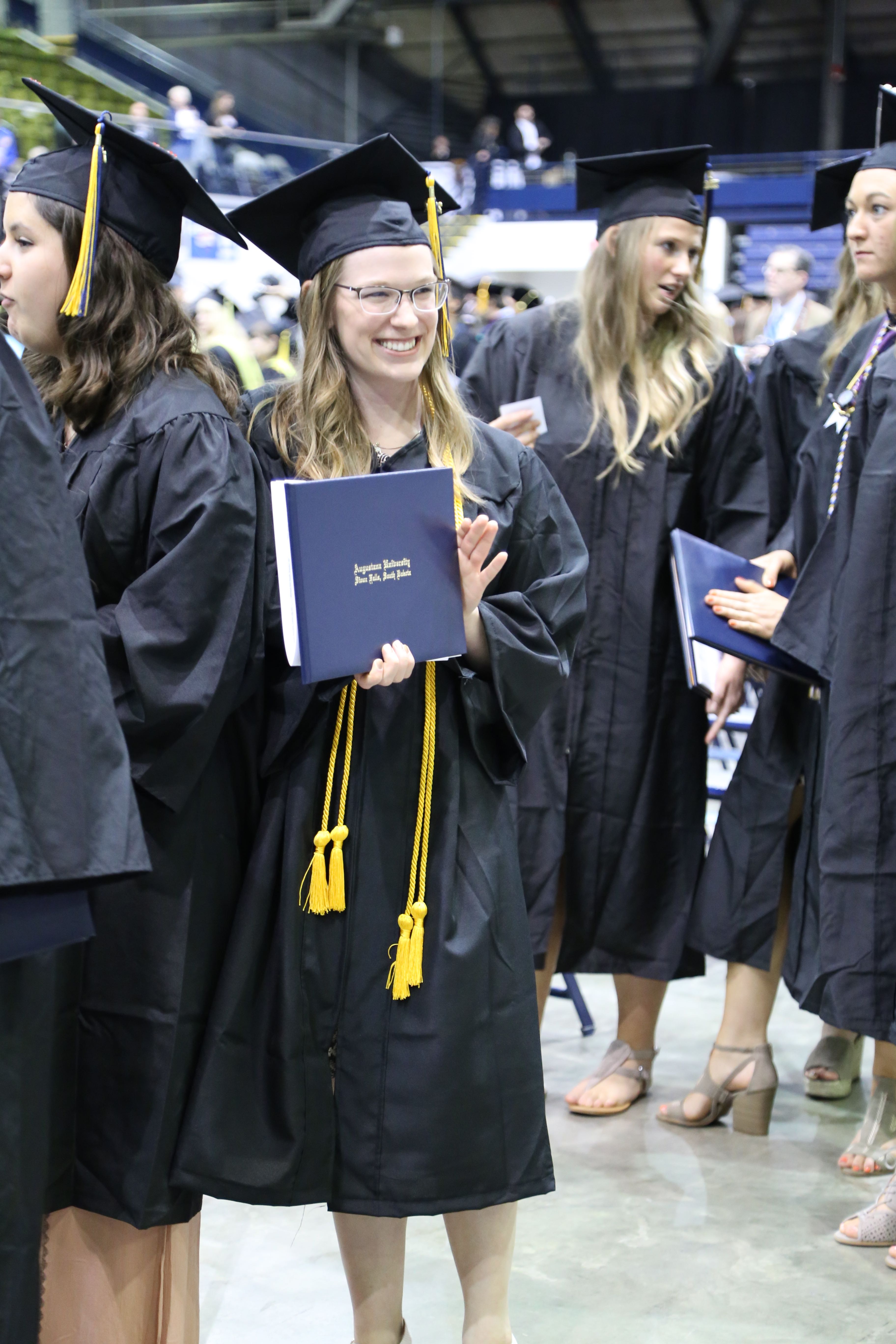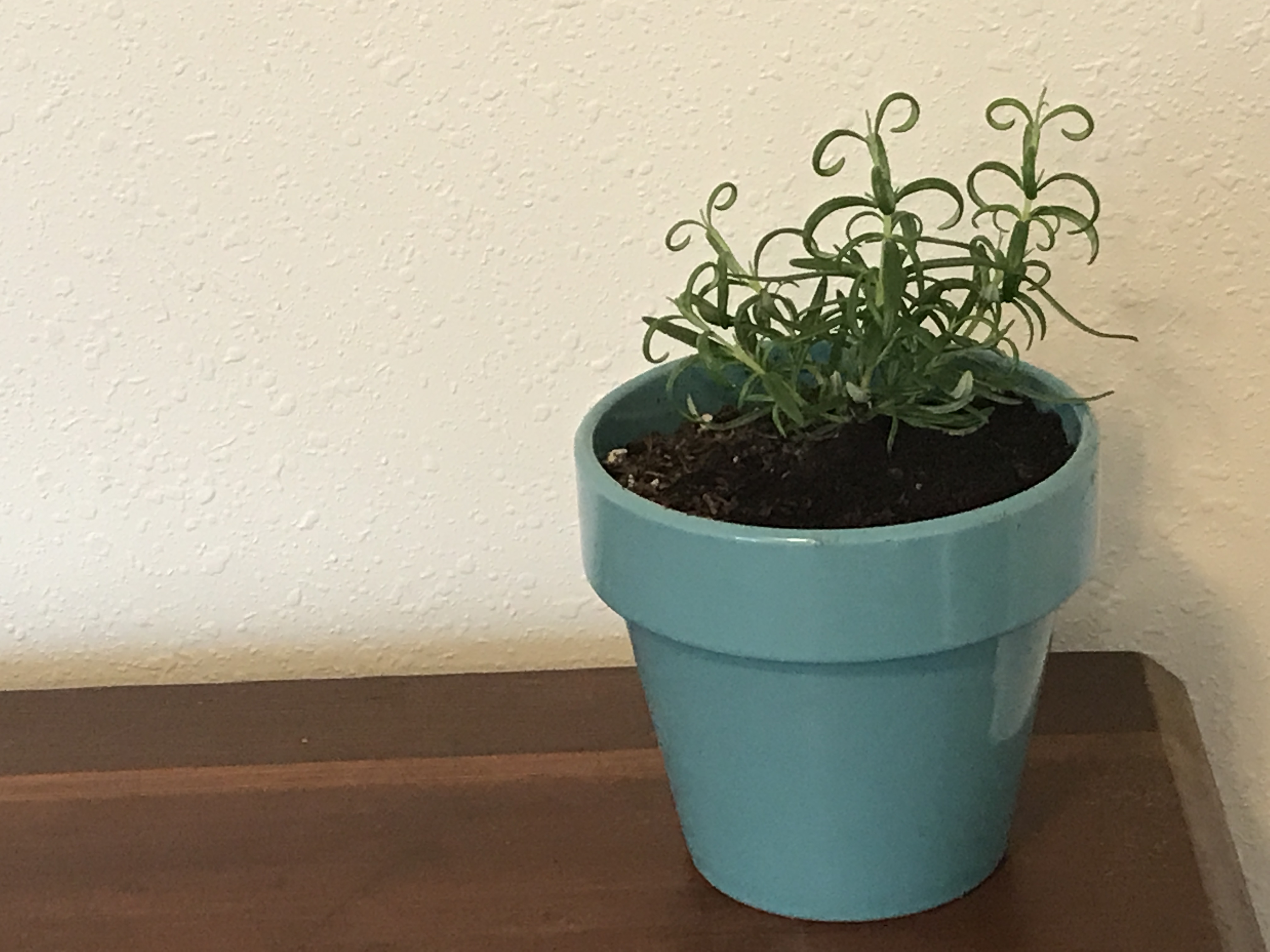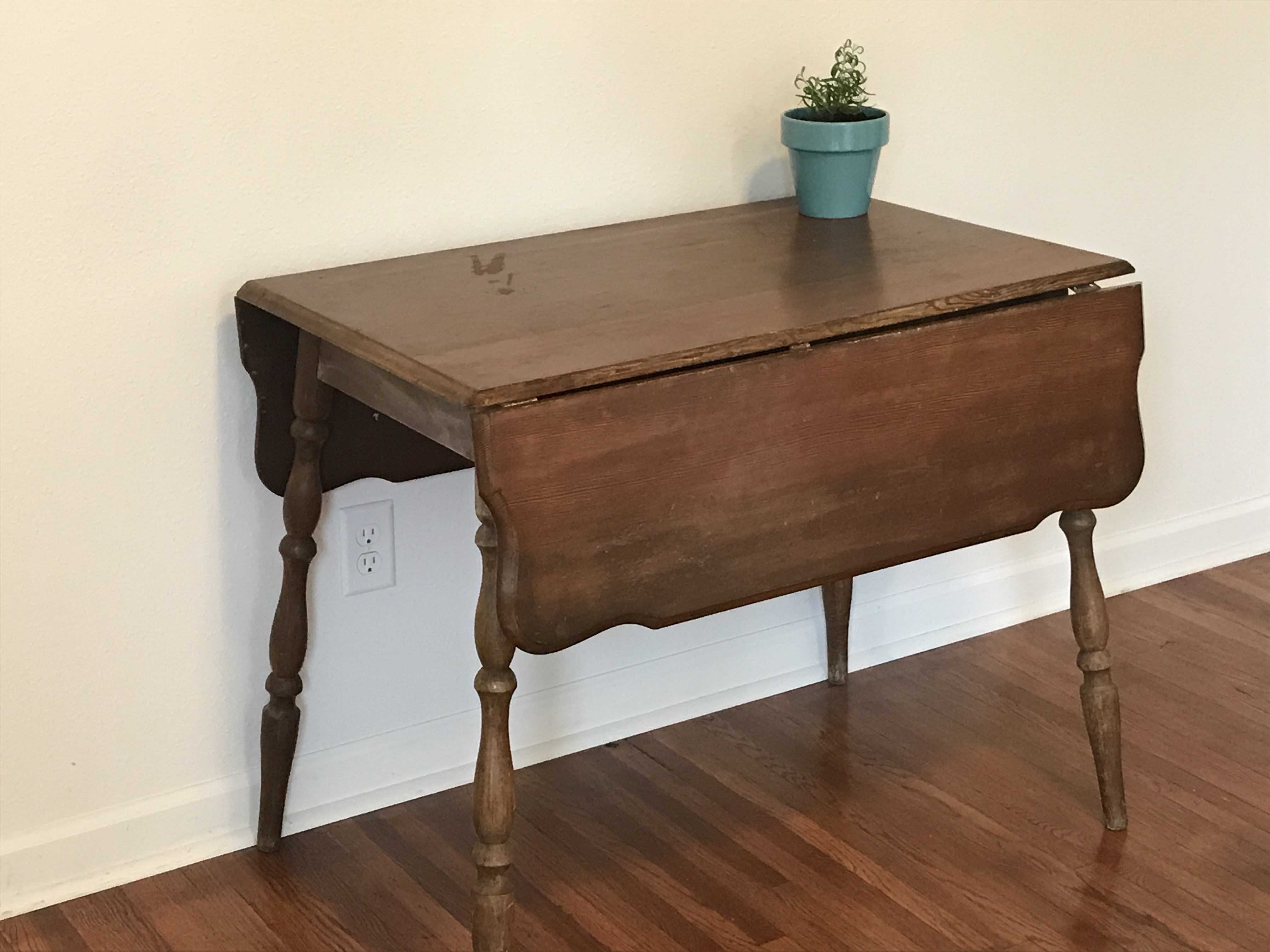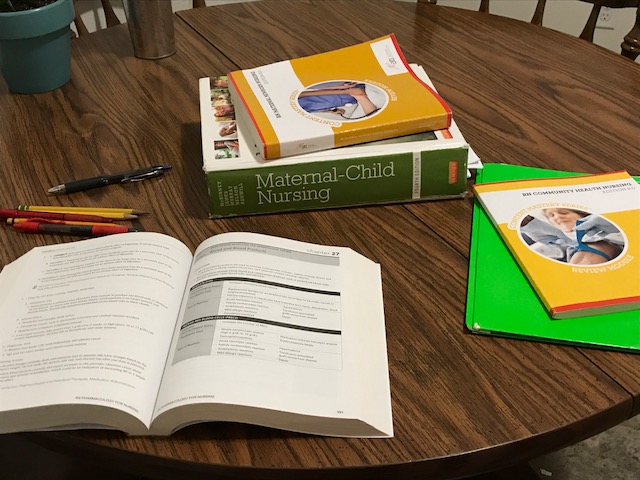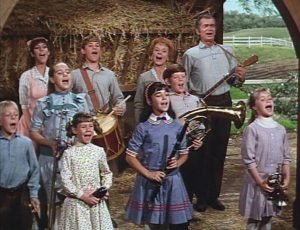I earned a full ride scholarship to a local liberal arts college. This, however, had nothing to do with my skills interviewing with college administrators and admission. I was a young and naive homeschooler with idealized ideas about the world of higher education. I didn’t know it, but I was completely mistaken about what types of students would walk away from scholarship interviews with the coveted prize. I was a strongly academic student, and I wrongly assumed that this would give me an edge in the contest. I didn’t realize how wrong this was.
Now, I am not able to go back and repeat this part of my life to test my theories or sit in on the winning student’s interviews, but after spending four years in the college liberal arts system. I worked closely with my professors and paid lot of attention to the ideals emphasized, and which students were chosen for special honors. Now, I have a much better idea of the type of student they have in mind. I realize that nothing is given away for free – the college considers the scholarship to be an investment in their long term goals.
Skills college admissions interviewers are looking for:
I graduated with a 3.93 GPA, and participated in choir all four years. However, I was not the ideal student from the administration’s perspective. I now realize that being a strong academic performer doesn’t help much unless it’s focused in these areas:
- Writing. Practice writing. Learn essay structure are invest in classes that teach you how to think. Find out about their college paper, which is a good reflection of the values of the school. Is it run by the English department students? Do general students have an ability to submit articles?
- A strong student and an interest in their honors program. Here is the exception to the normal case where academics doesn’t matter. A college sees an honors program as a chance to invest more into you and
- If you play sports and are also strongly academic, you have a firm advantage.
Ironically, when I was interviewing with my choice college, the skill they honed in on was something I had to offer their college, and also the least academic thing I am able to do. They were intruiged by my certifications as a ballet instructor, and my interest in giving classes to their student. In hindsight, I see why. It was the only thing in the interview about what I could do for them to make their campus a more interesting place for other students.
Show how you engage with the world
Colleges want to believe they are growing the next generation of thinkers. They want to believe that their education is impacting the future course of not only their students, but the country. Note my sceptisicm. I have heard that when academic standards were high. What I experienced was often a place where ideas were presented one sidedly, and only a few times did I hear genuine debate presented. Even this was limited to a few of my high quality professors. I would like to share how I believe future students can use this to their advantage rather than sidetrack into ranting about the negatives of my college experience.
High school activities to emphasize:
Emphasize activities where you held any sort of leadership or organizing role. Large projects and activities involving community coordination should also be stressed. Eagle scouts projects are a good example. Talk about volunteering and public service work you have accomplished.
Be a people person.
If you are homeschooled and interviewing with someone involved in formal education, discussing socialization is a must. Find out if they have met homeschoolers in the past. If not, they may be a victim of the socialization myth. Give them a rundown of what your education really looked like.
If you’re an introvert, casting yourself as a people person can be tricky. Emphasize your unique traits, perhaps how you love to study people and really get to know them as people, how you build connections, or any way that puts your patterns of social interaction in the spotlight. I am quiet in groups, naturally drifting to the back of a room during group activities. My personality is well adapted towards hours in the library prepping for a test but did not make me the star that interviewers were scouting. However, I counteracted this by getting involved in lots of clubs right away when I began school. Even living off campus, I soon made my way into several different circles among the student nurses and choir culture.
Most surprising question.
“What will you change about our school when you’re here? ” This followed more typical interview questions such as ‘tell us about your strengths’ and ‘what activities were you involved in with school?’. I was taken aback. I believe I stammered out an answer to the point that I was just arriving and learning about the school, how could I want to change anything?
Had I known then what I do now, I would have done a lot more research on whaat the current focal points of the school were, and tried to find a way to fit myself into that mission. From the admission department’s perspective, there’s always room for improvement. This would require some research ahead of time. What projects is the school working on? Where would they like to be in the next 5 year, after your time there is complete? After some reflection, I realized what the ideal candidate for this scholarship would look like.
I realized that the ideal candidate is the student who will spend four years learning the values of the school, working for increasing admissions, and improving the experiences of all the other students around them.
An exceptional candidate will have a goal past school that will create name recognition. I realize someone hoping to become a prominent lawyer or government official would have more of an edge in a scholarship competition.
Maybe they will love the college environment so much, they won’t leave when they graduate. They will either go on to further studies in a graduate degree, or be hired into the administration to continue their work at the school. In this way, the college’s investment of a scholarship will have paid off, fully to their advantage.

